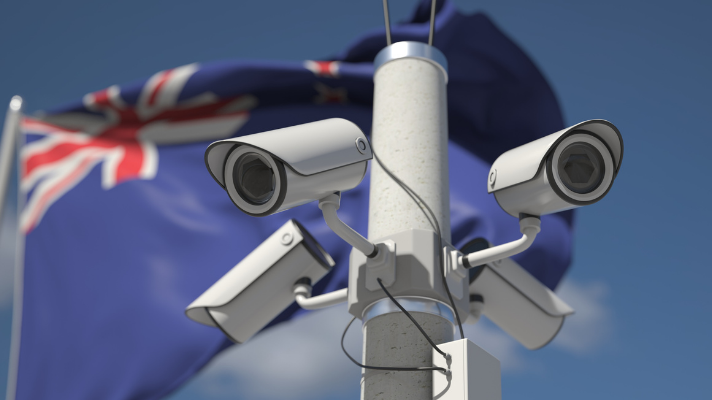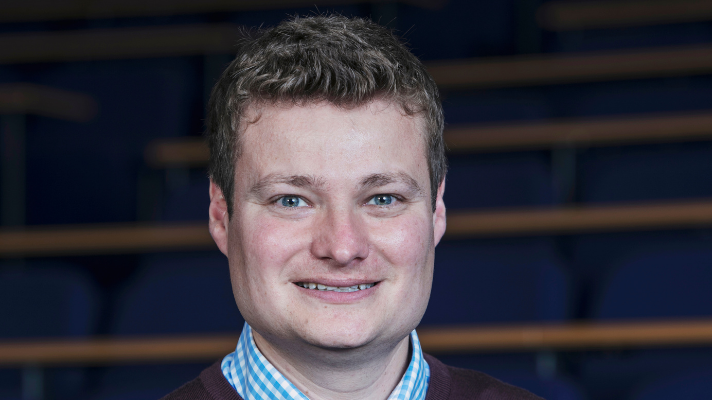
Press release -
Law academic gives expert advice to New Zealand Police Service
A Northumbria University academic has been appointed to an independent panel of experts advising the New Zealand Police service on the ethical use of new technologies in modern policing.
Dr Marion Oswald from Northumbria Law School is a leading researcher in the interaction between law and digital technology. She has been appointed to the panel as part of a commitment by New Zealand Police to the ethical, safe and responsible use of emerging technologies in modern policing. Technology, such as CCTV or automatic number plate recognition, can offer significant benefits and efficiencies in fighting crime, but both proponents and critics warn that full consideration needs to be given to its impact on privacy, fairness and human rights.
In September 2020 New Zealand Police announced the development of a policy to ensure appropriate consideration ahead of the trial or use of new technology capabilities. It also committed to establishing an independent expert panel to advise on technology matters.
Dr Oswald said: “Emergent technologies are a vital tool in law enforcement and tackling criminal activity, although there are risks. Our panel of six members will advise New Zealand Police on the ethical and policy issues around the deployment of new technologies. I am delighted to be part of this forward-thinking initiative.”
The panel will be chaired by Professor Colin Gavaghan from Otago University, who is the Director of the Centre for Law and Policy in Emerging Technologies. The research centre is based at the University of Otago and examines legal, ethical, and policy issues around new technologies.
Professor Gavaghan said leading the panel is a responsibility he takes very seriously. He added: “Emergent technologies offer great benefits in terms of accuracy and efficiency. But particularly in high stakes areas like policing, it’s so important that we watch out for potential pitfalls. Before any new technology is deployed in those sorts of contexts, we need to make sure that we’ve thought through what it might mean for privacy, fairness and human rights.”
The panel’s primary role is to provide advice and oversight from an ethical and policy perspective of emergent technologies. While advice will be received and considered in confidence, New Zealand Police is committed to making the expert panel’s advice public wherever possible - acknowledging this may not be possible in every case, for example where disclosure would breach commercial obligations.
The first meeting of the panel is expected to take place in April. Biographies of all the panel members can be viewed here. The members are:
· Professor Colin Gavaghan (chair)
· Kirikowhai Mikaere (Tūhourangi, Ngāti Whakaue – Te Arawa)
· Dr Marion Oswald
· Associate Professor Khylee Quince (Ngapuhi, Te Roroa, Ngāti Porou, Ngāti Kahungungu)
· Professor Michael Macaulay
· Professor Jennifer Brown
For more information on research at Northumbria Law School please visit www.northumbria.ac.uk/law
Topics
Categories
Northumbria is a research-rich, business-focused, professional university with a global reputation for academic excellence. Find out more about us at www.northumbria.ac.uk --- Please contact our Media and Communications team at media.communications@northumbria.ac.uk with any media enquiries or interview requests ---











